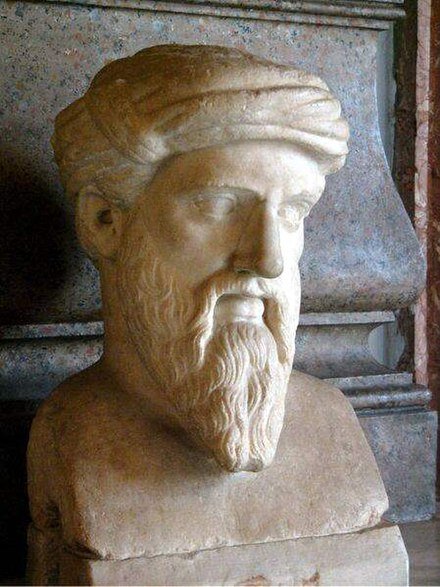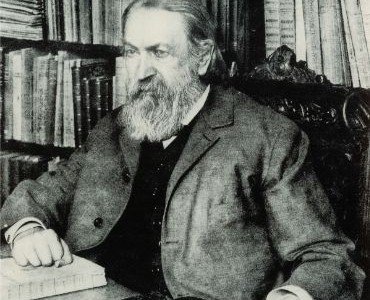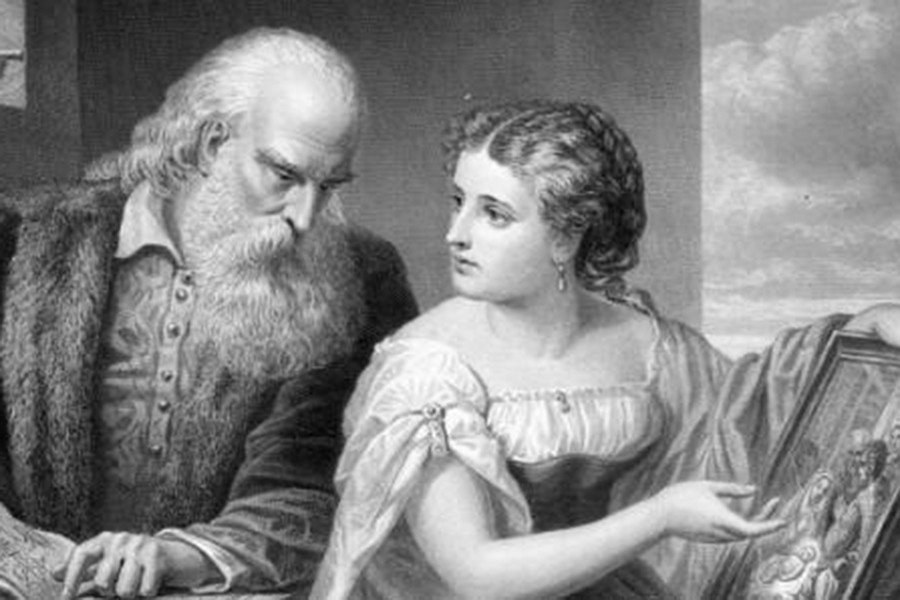Heraclitus of Ephesus, pre-Socratic Greek philosopher who lived in Ephesus.
Physics and philosophy were born in the Ionia of the ancient world, in Western Anatolia. The Ionian cities of Miletus and Ephesus were the most important centers of science, culture and trade in the world at the time. These half-philosopher, half-scientist Ionians, known as “physiologists”, are considered to be the first physicists with their questions aimed at understanding nature. Heraclitus of Ephesus, who lived in this period, was the first philosopher to discover the idea of change.
According to Heraclitus, the universe was constantly changing through a process with no beginning and no end. He claimed that life is a flow. Although he thought this observation could be made by anyone, people have continued to resist change from his time to the present day.
Heraclitus (Heraclitus – ca. 535-475 BC) is famous as one of the most obscure and mysterious philosophers of Greek philosophy. He was one of the first pre-Socratic philosophers, so called because he preceded Socrates, who is considered the Father of Western Philosophy. The main reason for the mystery about him is the mysterious, dark, obscure style and riddle-like expressions in his work Peri physeos (On Nature), which has survived to the present day in fragments. Understanding these expressions and fully grasping Heraclitus’ philosophy is a challenging process.

In addition, the fact that the sources from which we can obtain precise information about his life are very controversial adds mystery to the mystery of this thinker. Because apart from the fact that he was from Ephesus, that his father’s name was Bloson, and that he was philosophically active later than Xenophanes and Pythagoras and earlier than Parmenides, all information about Heraclitus lacks certainty.
What is Heraclitus’ Philosophy?
Pre-Socratic philosophers are known as “natural philosophers” because they focused on identifying the elements or energy that set creation in motion. Interest in this subject began with Thales of Miletus (585 BC). It continued with his student Anaximander (610-546 BC) and then Anaximenes (546 BC). All of them inspired later philosophers such as Heraclitus.
Thales claimed that everything was water. Water could take various states. Water was the basic substance that did not change but from which all other things were born and to which they returned. Anaximander rejected this. Thales’ ‘water’ was replaced by ‘air’ in Anaximenes.

It is not difficult to understand why Anaximenes substituted air for water in Thales. Thales’ choice of ‘water’ as the main substance is due to the importance of water for life. The same is true for ‘air’. For Anaximander, considered by many to be the founder of astronomy, the essence of life had to be a cosmic force far beyond any earthly element (he called it apeiron).
Although all three of these arguments dealt with change, Heraclitus rejected all three as insufficient. Instead, he claimed that the essence of life was fire. Fire is the primary substance from which all things emerge and to which they return. The different forms seen in matter result from this creative effect of fire. Because fire, by its very nature, can easily transform into anything. It is also capable of transforming everything into itself.
The basic matter proposed by the natural philosophers before Heraclitus shows more existence characteristics than fire. But Heraclitus’ main substance is more than being, it is a “movement”, a “process”. For fire is something that is constantly moving and at the same time it is this movement itself. (His commentators equated fire with energy.)





